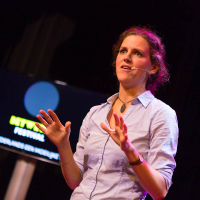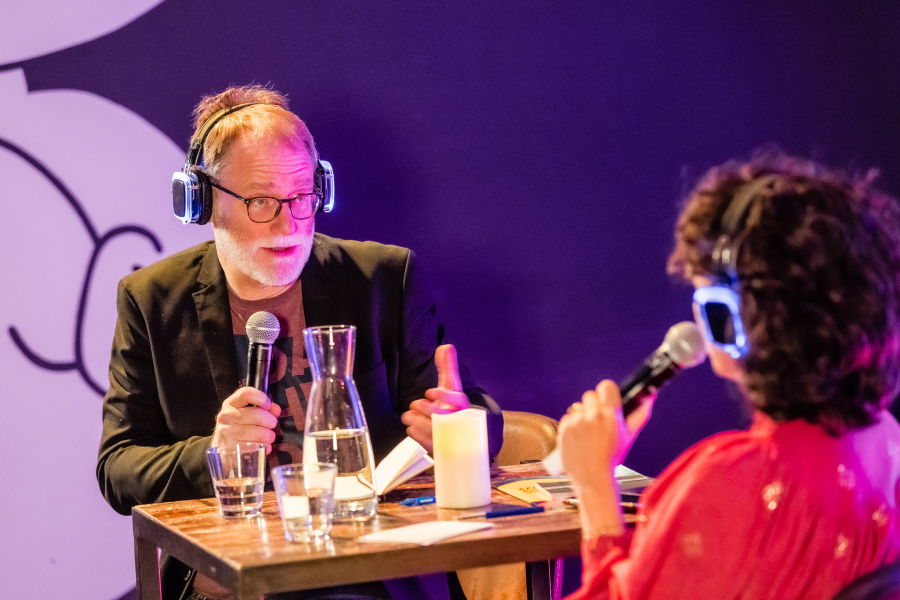Podcast
Is Nederlands een moeilijke taal?
Der. Die. Das. Wie heeft er niet eindeloos rijtjes Duits in zijn hoofd gestampt? Het leren van een nieuwe taal kan behoorlijk lastig zijn. Hóé lastig, hangt volgens taalwetenschapper dr. Sterre Leufkens (UU) af van de transparantie van een taal. Wat is dat precies? En welke talen zijn eigenlijk transparant?














